Every year, January 9 is celebrated as the Pravasi Bharatiya Divas. It marks the anniversary of M.K. Gandhi’s return to India on this day in 1915. But why did M.K. Gandhi return to India and why did he leave South Africa?
M.K. Gandhi’s life in South Africa
M.K. Gandhi was incredibly popular in South Africa. He worked there for over 20 years as a public worker and attorney from 1893 to 1914.
In a meeting in New Delhi, he even said he was born in India but made in South Africa. He opened two ashrams in South Africa- Phoenix Farm near Durban and Tolstoy Farm, where Satyagraha was moulded into a weapon of protest.
M.K. Gandhi had a respectable position in South Africa, and he was popular amongst both Indians and native Africans.
Participation in Boer war
Gandhi abhorred the mistreatment of Indians in South Africa, but he wasn’t anti-British Empire and held faith over the British Constitution and empire. In 1899, Gandhi supported the British during the Second Boer war. He organized 1,100 volunteers. He also raised an Indian ambulance corps in which he served as a sergeant-major of the British Army.
Yet, the ethnic discrimination and torture continued on Indians.
Gandhi also supported the British during the Zulu war in 1906.
Later, Gandhi also rendered support to the British Empire during the First World War. Historians and political pundits have struggled to explain why he supported the British war effort despite being a proponent of non-violence.
Military historian Squadron Leader Rana T S Chhina (Retd) said, “We have to understand that Gandhi was a politician back then, and like all politicians, he did contradict himself several times. But at that time in India, there was no demand for total independence or ‘poorna swaraj’ but dominion status. So it wasn’t just Gandhi but most political leaders of that time, cutting across party lines, supported in varying degrees the British war effort.”
Also Read: What is meant by the idea of Satyagraha? & An Explanation
Gandhi returns to India
M.K. Gandhi came to India in 1915. But he became popular in the country even before his arrival.
The incident of M.K. Gandhi being thrown out of a train in South Africa despite carrying a first-class ticket on a white man’s complaint became popular in India and abroad. Indians were subjugated and treated like sub-humans in India and abroad by the ruling white class at the time.
So, Gandhi left South Africa when he was at the peak of his popularity there. Back home in India, the independence movement and politics weren’t centralized, but there were three main organisations- the Hindu Mahasabha, the Muslim League, and the Indian National Congress.
The Hindu Mahasabha and the Muslim League represented the Hindu right and the Muslim right respectively. They wanted to kick the British out of the country.
Jinnah, for example, had become extremely popular as a Muslim League leader at the time.
The Indian National Congress, on the other hand, was more of a centrist or moderate organisation at the time. Formed by AO Hume, a retired British ICS officer, in 1885, the INC wasn’t created as a freedom-seeking body but as a platform for civil and political dialogue among educated Indians.
Read also: The real story of India’s Independence: Ch – 1 – Why was the Congress founded?
In fact, popular extremist leaders in the Indian freedom movement like Lala Lajpat Rai, Bal Gangadhar Tilak, and Bipin Chandra Pal also came up with a concept called the Safety Valve Theory. The theory stated that the British wanted to avoid a rebellion, so they wished to create a platform for the people to discuss their political problems.
Gandhi leads the Indian National Congress
After coming to India, Gandhi turned out to be nothing short of a phenomenon. In Champaran, Kheda and Ahmedabad, he led some of his first Satyagraha movements in India and soon became a household name in the country.
Soon, he took over the leadership of the INC and became its tallest leader. He became the tallest politician in the country with his ideas like asceticism and simple living becoming an integral part of his public life. He became Mahatma Gandhi with his peaking popularity
Yet, Gandhi didn’t really become an executive head of the Congress. In fact, he became the INC President only once during the Belgaum session of 1924. He was more of a spiritual or titular leader of the party and commanded acceptability amongst both Hindus and Muslims, which is why many leaders from Hindu Mahasabha and the Muslim League joined the Congress.
This effectively led to the Hindu Mahasabha and the Muslim League getting marginalized. Ultimately, the Muslim League turned radical and secessionist, and raised the ill-conceived idea of a separate State called Pakistan. Hindu Mahasabha became more or less irrelevant.
The Congress became the centre stage of Indian politics. And M.K. Gandhi became the binding force within the Congress.
With many revolutionary groups and other mainstream organisations getting undermined, the INC was the only outfit that the British were supposed to deal with.
The Congress however remained more of a moderate organisation. In its initial years, it made demands of an administrative character. M.K. Gandhi launched many movements like Non-Cooperation in the 1920s that was called off after the Chauri Chaura incident.
But the Congress remained confined to seeking Dominion status from Britain that would mean autonomy for India within the monarchy. INC demanded poorna swaraj (complete independence) only in 1929.
So, technically, the INC started the independence movement in totality only from 1929 and the country attained independence in 1947, around 18 years later. The marginalisation of other parties along with fringe groups and delay in seeking complete independence however go down as the main causes for delayed independence in the country. This, therefore, forms an important chapter in the real story of India’s independence.


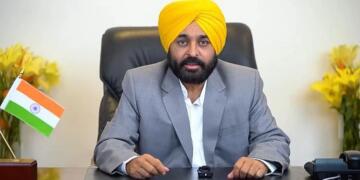
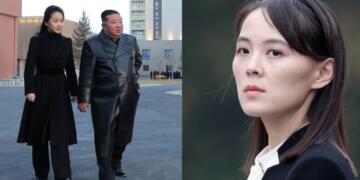
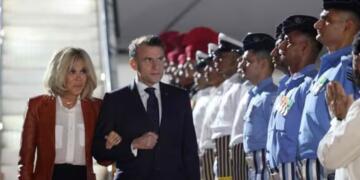





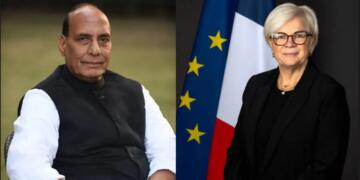












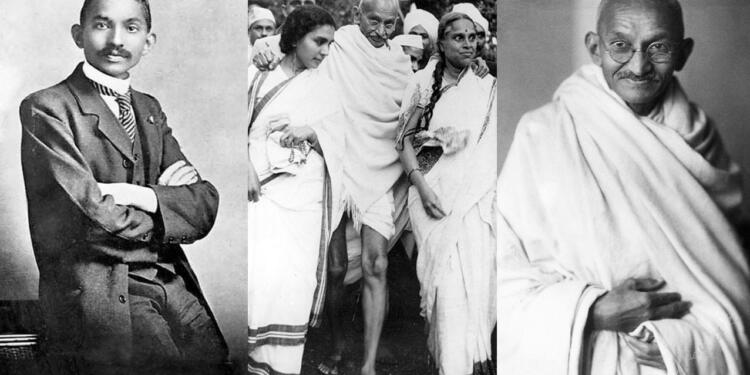





Truth – the Indian National Congress (INC) of pre-independence and it’s two Top most leaders excluding some true nationalists is the B team of British, established specially to delay the full independence of India.
If Subhash Chandra Bose didn’t established INA (Indian National Army), British were not ready to leave India.
India got independence because of Subhash Chandra Bose and INA, it’s that simple and this fact was never told in any of School books or history books.
Absolutely. Con gress made every effort to rewrite history and they did succeed. Time we got original history back.
Your answering as to why MG returned to India is not fact based but a hypothesis. Going by his actions his entry into INC [based on his actions in SA] were likely as a neutralizer. Did his activities materialise any change in treatment of Indians in SA? Did his activism cover Africans who were treated worse than Indians? Yet he was ill treating his own wife and children.
Funny:
Indian National Congress was never founded by an Indian. But by a Britisher named Allan Hume.